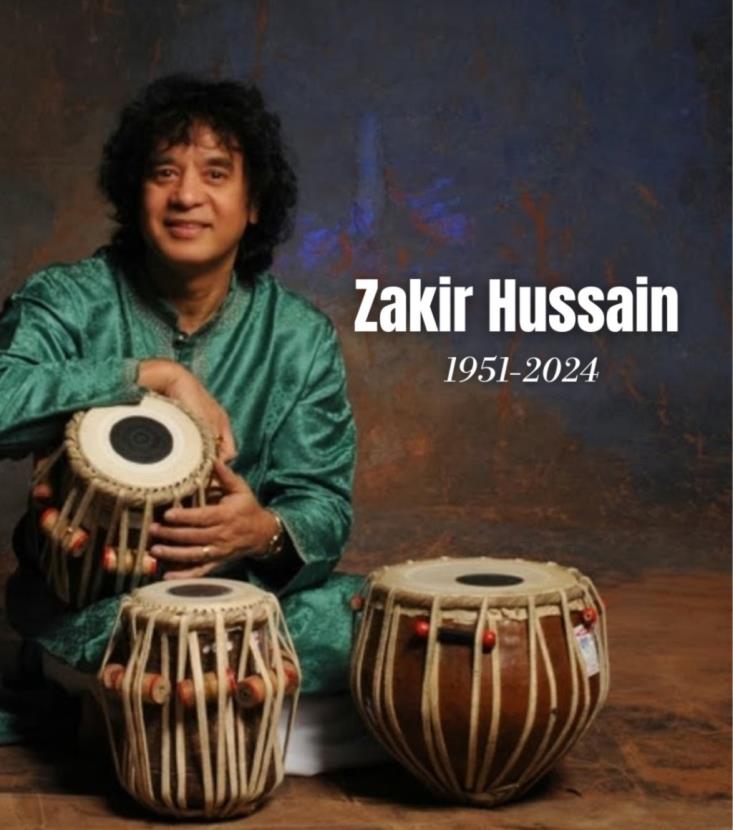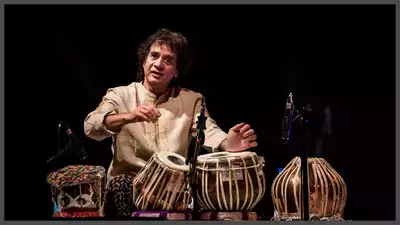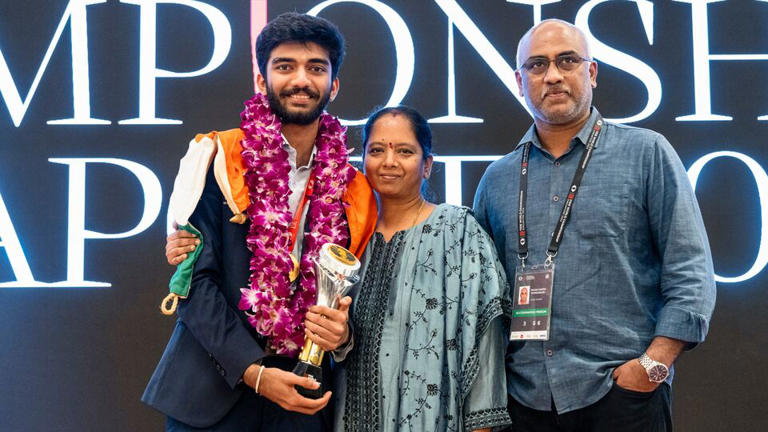Zakir Hussain, the iconic Indian tabla player who bridged musical worlds and helped shape the sound of modern world music, passed away on Sunday in San Francisco. He was 73.
The family confirmed that the cause of death was idiopathic pulmonary fibrosis, with complications related to heart disease, according to his manager, Nirmala Bachani. Hussain had been hospitalized recently after experiencing heart-related issues.

Born in Mumbai, India, on March 9, 1951, Hussain was the eldest son of Ustad Allah Rakha, a renowned tabla maestro who famously accompanied sitar legend Ravi Shankar on numerous landmark performances. Immersed in music from an early age, Hussain inherited not only his father’s exceptional talent but also his vision to introduce the complexities of tabla rhythms to a global audience.
Zakir completed his early schooling at St. Michael’s High School in Mumbai, before graduating from St. Xavier’s College. Despite his academic pursuits, he devoted much of his time to the tabla, emerging as a musical prodigy. His exceptional skills and deep understanding of rhythm were recognized early on, and by the age of 12, he was already performing at prestigious concerts.
In addition to his tabla expertise, Hussain began learning the mridangam (another classical percussion instrument) from his father at the tender age of three. This early training, coupled with his innate musical talent, set the stage for his future collaborations with some of India’s greatest musicians, including Ravi Shankar, Ali Akbar Khan, and Shivkumar Sharma.

Hussain’s influence, however, went far beyond traditional Indian music. He made groundbreaking contributions to global music, collaborating with a diverse range of Western artists such as The Beatles, Yo-Yo Ma, Béla Fleck, Edgar Meyer, Mickey Hart, George Harrison, and John McLaughlin. Through these collaborations, he played a pivotal role in introducing Indian classical music to a global audience, earning him recognition as a cultural ambassador of unparalleled stature.
In a statement, his family reflected on Hussain’s profound impact: “His prolific work as a teacher, mentor, and educator has left an indelible mark on countless musicians. He hoped to inspire the next generation to go further. He leaves behind an unparalleled legacy as one of the greatest musicians of all time.”
Zakir Hussain’s death marks the loss of a musical genius whose legacy transcended genres and whose contributions to both Indian and world music will continue to resonate for generations.











